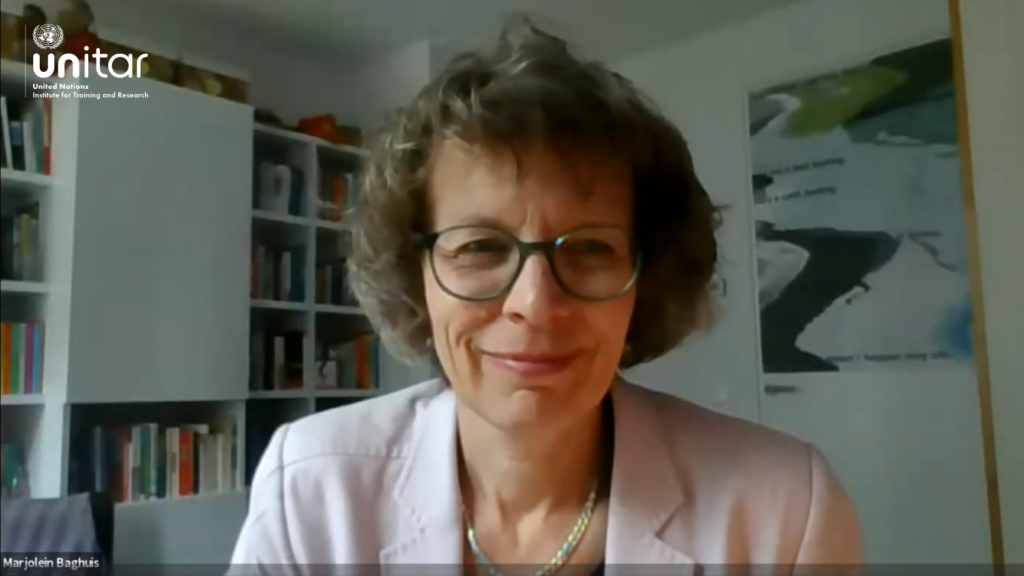Whether you want to become a sustainability manager or contribute to a sustainable future in another role, there are key skills you need to master at three different levels.
Ethical leadership
The individual level is the starting point. You must understand your own values and motivations to contribute to a better world. This self-awareness helps you find your inner compass to navigate the challenges and opportunities in your sustainability career. Integrating and reconciling ethical values in all aspects of management is an essential skill, no matter what your job title is. You must also ensure that your values align with those of the company you may consider joining, leaving, or challenging for positive change.
Focus through materiality
At the organizational level, it’s essential to establish a clear focus for the future and set priorities accordingly. Sustainability strategies only have a true impact if they focus on the most important – or material – topics. While climate change and staff well-being are likely to be on everyone’s priority list, other topics will differ across industries, geographies, and individual organizations. A materiality assessment is a useful skill to determine which positive and negative the company has on society. Increasingly, companies are also investigating the positive and negative impacts that social and environmental trends have on their business. For example, think about a bakery that needs wheat and heat to produce cookies. The CO2 footprint and agricultural practices are probably top of mind when it comes to their impact on society. But it’s also important to consider worker safety and the availability and pricing of energy and wheat.
A materiality assessment includes desk research and engagement with internal and external stakeholders. After careful analysis, the final step is all about establishing the priority topics and aligning these with top management in light of the corporate strategy and vision of the future. Once there is an agreed set of priorities, the entire organization can work against those.
Top job-hunting tip: Check a company’s materiality analysis, usually found in their sustainability report, to see if it aligns with your values and focuses on the things that matter in how they do business.
Systems thinking
At this systemic level, the key skill is to look at the bigger picture of how different parts of the system interact to generate results and outcomes. All organizations are part of a larger system. There will be challenges they cannot tackle by themselves, challenges that require systemic change. Such changes go through a series of phases, each with its own characteristics and actors. The bigger picture helps to determine where and which partnerships are needed. Most likely with partners in your value chain, like key suppliers and customers. Perhaps also with unlikely allies like competitors, NGOs, and the government. Find out more about the phases of systemic transformation in the free downloads on the Changing the Game website.
Connecting skills for positive change
An overarching skill that applies at all levels is the ability to connect. You need to find allies, within and outside of your organization. You simply can’t do it all by yourself. Within your organization, you need to find your personal focus and ensure other people own other parts of the sustainability strategy. And on the outside, be sure to connect with people in similar roles in other organizations, for reflection and for inspiration to keep going. Connecting with others will help you find the delicate balance between patience and persistence needed to drive positive change.
This blog is based on the content shared in a UPEACE-UNITAR webinar on May 4, 2023, to inspire potential students of their joint Master course. Learn more about the Environmental and Social Sustainability Master Program on the UPEACE website. This blog was written by Marjolein Baghuis and posted on LinkedIn. To read about interesting people, book reviews, and other posts about sustainability, leadership, and behavior change please subscribe to this blog in the right-hand column.
Pexels photo credits: Compass by Victor Miyata, wheat field by Pixabay



